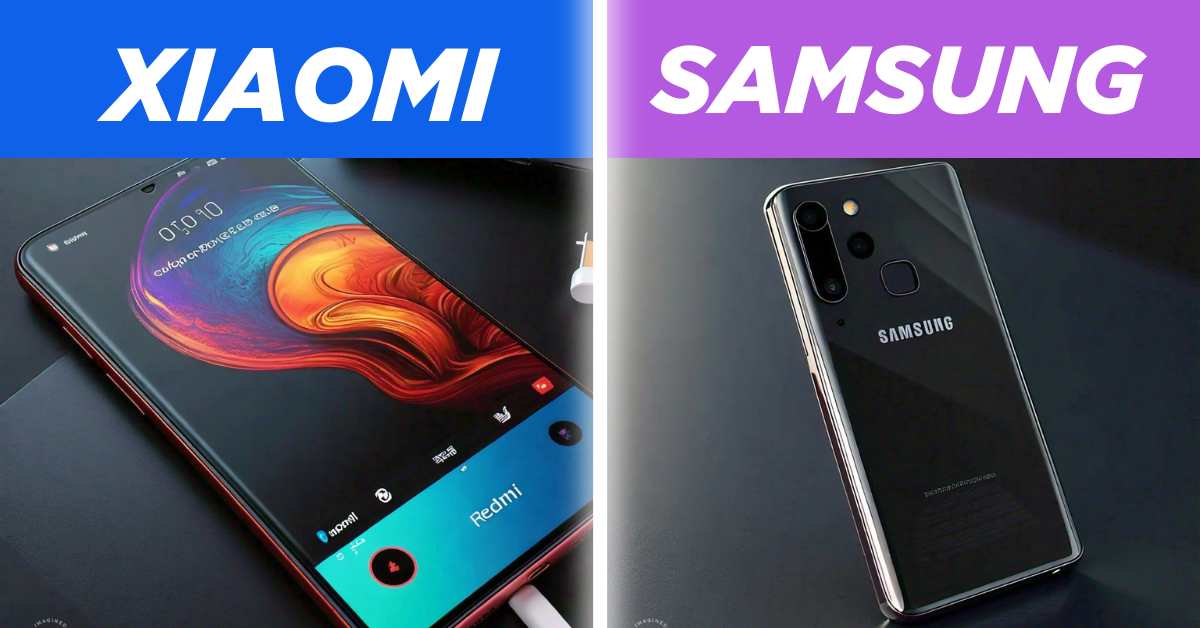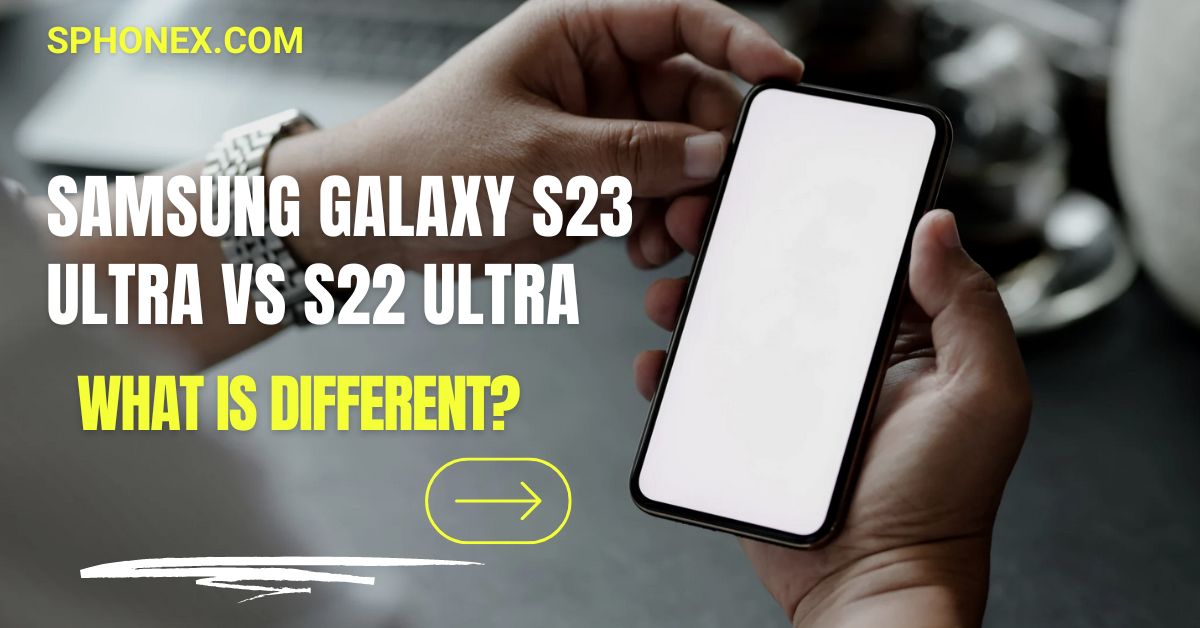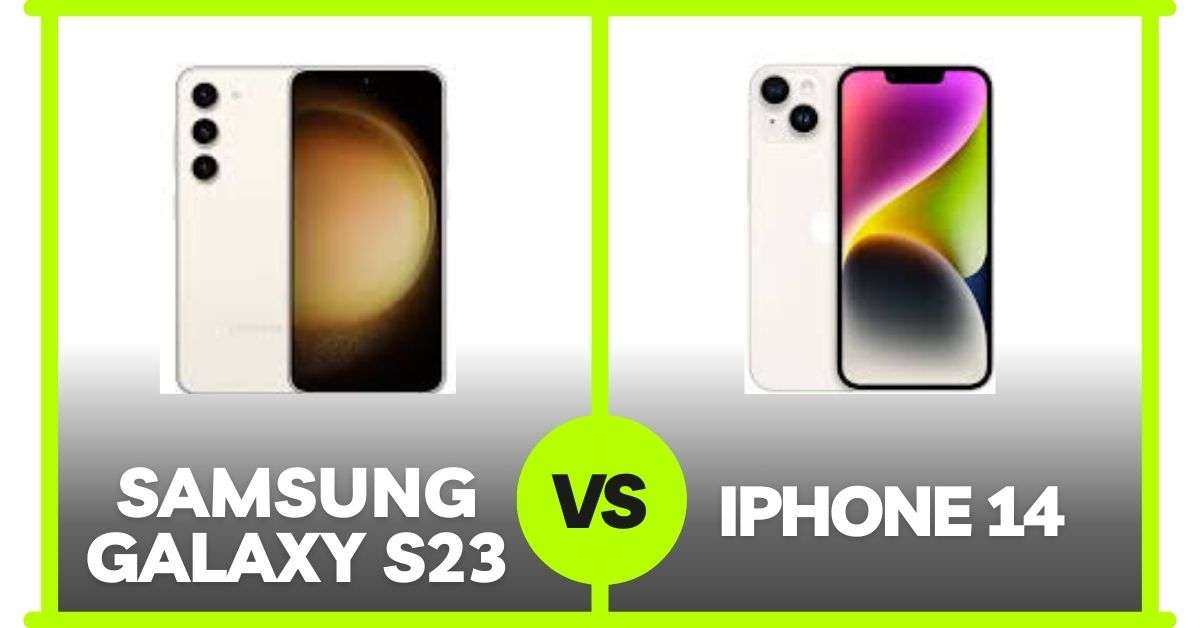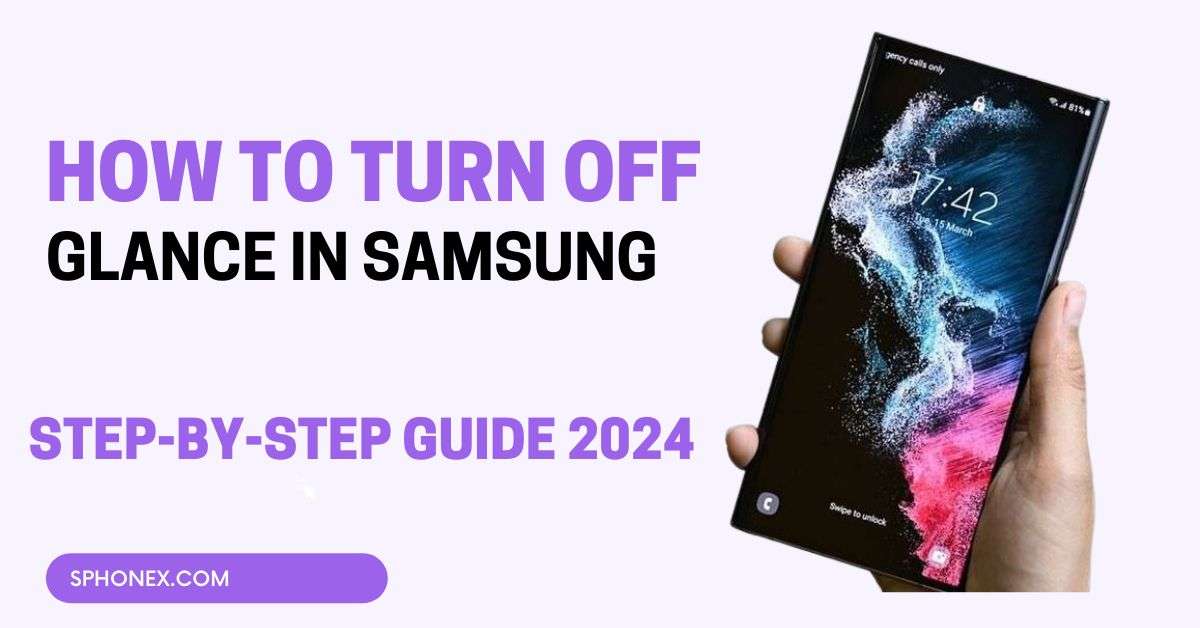Table of Contents
When it comes to smartphone brands, two names generally come to mind: Xiaomi and Samsung. Both companies have a diverse range of phones that meet a variety of purposes and prices. But how can you know which brand is best for you? In this post, we’ll analyze Xiaomi and Samsung phones, emphasizing their pros and weaknesses before recommending some top models that may be a good fit for you.
Xiaomi vs Samsung Phones: A Quick Overview
Xiaomi: Smartphones at an Affordable Price
Xiaomi sells smartphones with many features at low prices. The company aims to provide top-notch hardware and fresh ideas without emptying your wallet. Xiaomi phones often have strong processors big batteries, and great cameras making them popular with people who want to save money.
Samsung: Premium Quality and Reliability
For many years, Samsung has dominated the smartphone market. Samsung phones are known for their high-end build quality, gorgeous screens, and consistent performance. While Samsung phones are more expensive than Xiaomi phones, customers who value brand recognition, software upgrades, and customer support frequently choose them.
Comparing Xiaomi and Samsung Phones: Key Factors
Price
Xiaomi is generally less expensive than Samsung, with flagship-level features at just under half the price. For example, the Xiaomi Redmi Note 12 Pro balances performance and affordability, making it an excellent pick for people looking for value.
On the other hand, Samsung offers a diverse choice of phones at various pricing points. The Samsung Galaxy A53 5G is an excellent mid-range alternative that provides reliable performance without being too costly.
Performance
Both Xiaomi and Samsung provide phones with strong processors, but Xiaomi extends the boundaries by offering high-end features at lower pricing. For example, the Xiaomi 12T Pro has a Snapdragon 8+ Gen 1 processor, which is similar to what you’d find in far more expensive Samsung devices.
However, Samsung excels at optimization and long-term performance. The Samsung Galaxy S21 FE 5G, with its Snapdragon 888 chipset, provides smooth and consistent performance, making it a dependable choice for people looking for a phone that will last.
Camera Quality
Xiaomi phones are popular for having amazing camera setups, particularly in the mid-range and flagship versions. The Xiaomi Mi 11 Ultra is an excellent example, with a triple camera setup that rivals much more expensive smartphones.
However, Samsung has a high reputation for camera quality, particularly in low-light situations. The Samsung Galaxy S22 Ultra is one of the greatest camera phones available, producing excellent photographs and movies in all lighting settings.
Software and Updates
Xiaomi’s MIUI is feature-rich, but it may be overloaded with advertisements and bloatware, particularly on budget models. However, Xiaomi’s software experience has improved over time, and high-end devices such as the Xiaomi 13 Pro provide a smoother and more refined experience.
Samsung’s One UI provides a more polished software experience, with accolades for ease of use as well as regular updates. Samsung currently guarantees up to four years of software updates for its premium models, including the Samsung Galaxy Z Fold6 5G AI Smartphone.
Which One Should You Choose?
If you’re looking for an affordable phone with flagship features, Xiaomi is hard to beat. Phones like the Xiaomi Redmi Note 12 Pro and Xiaomi 12T Pro offer excellent value for money and are great for users who want top-tier specs at a lower price.
On the other hand, if you prioritize brand reputation, software stability, and long-term reliability, Samsung is the better choice. The Samsung Galaxy S21 FE 5G and Samsung Galaxy A53 5G offer solid performance and are backed by Samsung’s strong customer support and regular updates.
Check Out These Related Articles You’ll Love!
- Samsung Galaxy S24 Exynos 2400:What You Need to Know
- Best Samsung Phones Under 20,000 in 2024: Top Affordable Picks
- Top Samsung Phones for Photography in 2024: 5 Best Picks
- Samsung Galaxy A14 5G Review: Best Value Smartphone
- Samsung Galaxy A Series: Affordable Innovation and Style
- Can I use Apple watch with Samsung phone? Alternatives?
- Is a Refurbished Samsung Phone as Good as a New One?
- Do Samsung phones hang? 5 Best Ways to Fix It
- How to Reset Your Samsung Phone: Easy Steps
- Samsung Galaxy S23 Ultra Review: Is It the Best Camera Phone of 2024?
Best Xiaomi and Samsung Phones to Buy in 2024: Top Picks and Recommendations
Top Xiaomi Phones:
Xiaomi Redmi Note 12 Pro
It strikes a good mix between performance and price, making it a perfect alternative for budget-conscious customers who still want robust features.
Xiaomi 11T Pro 5G
The Xiaomi 11T Pro 5G Hyperphone (Meteorite Black, 8GB RAM, 128GB Storage) comes equipped with a Snapdragon 888 chipset and 120W HyperCharge, as well as Dolby Vision and Dolby Atmos for an immersive experience.
Redmi Note 13 Pro+
The Redmi Note 13 Pro+ (Fusion Black, 12GB RAM, 512GB Storage) has 12GB of RAM and 512GB of storage, which is ideal for intensive multitasking and enough space for all of your demands.
Top Samsung Phones:
Samsung Galaxy S21 FE 5G
Featuring the Snapdragon 888 CPU, this phone gives smooth performance and is a trustworthy choice for long-term use.
Samsung Galaxy A53 5G
A mid-range choice offering excellent performance with Samsung’s better build quality, ideal for users seeking a reliable phone at an affordable rate.
Samsung Galaxy Z Fold 6 5G
With powerful AI capabilities and a foldable design, this model provides cutting-edge technology for people looking for innovation and high-performance.
Conclusion
Both Xiaomi and Samsung have their advantages, and the best pick is based on your own preferences and budget. Xiaomi gives innovation and value, while Samsung delivers top quality and long-term dependability. Whether you choose a feature-rich Xiaomi phone or a dependable Samsung model, you’ll discover a smartphone that meets your demands.
Frequently Asked Questions About Xiaomi vs. Samsung Phones
Q: Which brand makes the best affordable phones?
A: Xiaomi is often preferable for budget phones, as it provides high-end features at reduced pricing.
Q: Do Samsung smartphones receive more software upgrades than Xiaomi phones?
A: Yes, Samsung phones, particularly flagship models, are more likely to receive regular software updates.
Q: Which brand’s cameras are better?
A: Samsung is known for its excellent camera quality, especially in low-light circumstances, but Xiaomi also has impressive cameras, particularly in its flagship models.




